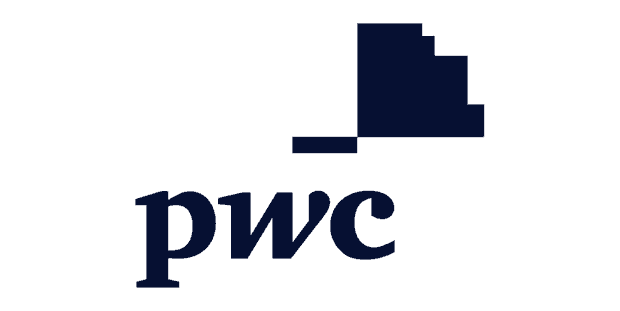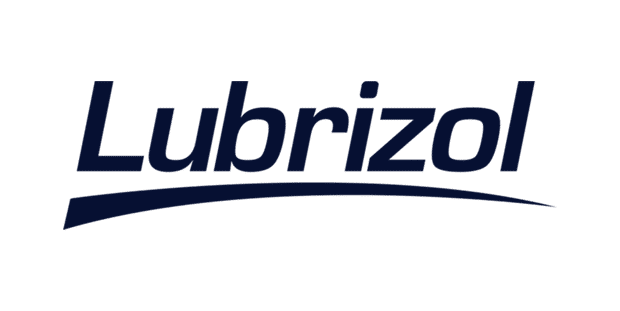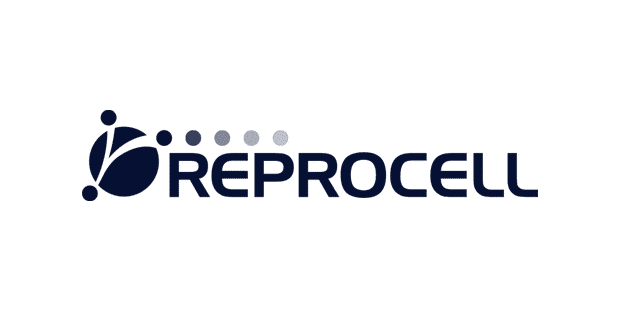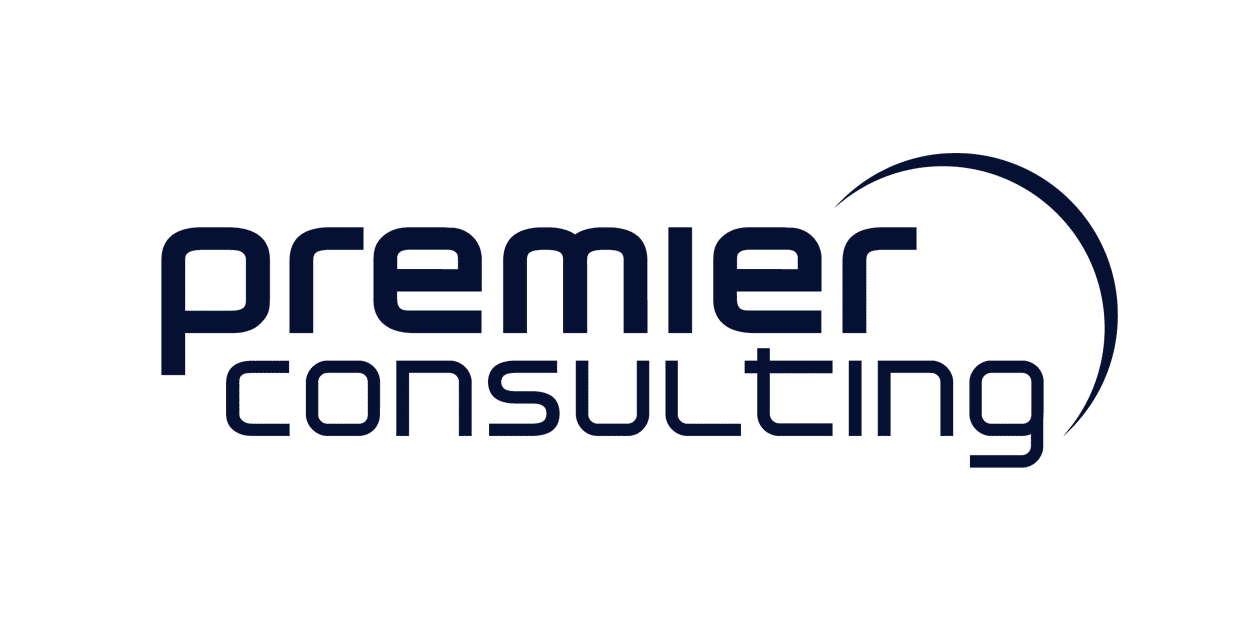
Going beyond the typical digital agency by treating website growth as a holistic strategy that includes publishing, brand building, marketing, and web design.






We love working with brands who are serious about doing online marketing correctly.
In a world saturated by marketing noise, and the sheer number of digital marketing and SEO agencies out there, most are focused on their own needs of client growth, quick tactics and churning out packages, and winning awards. We don’t care about all those vanity metrics.
Linchpin SEO isn’t defined by how many awards we’ve won or SEO clients we have but by our relentless pursuit of great experiences, building trusted friendships, and caring about client success.
The marketing agency where being client-obsessed is an understatement.
Please don’t take our word for it; read what some of our website optimization and web design clients say about working with our team of Linchpins.
Linchpin SEO is the gold standard in search engine optimization. Thanks to their guidance, we have seen a dramatic increase in organic website traffic and inquiries.
Zara Puckrin
Marketing Manager, Reprocell
Bill and his team are intellectually generous and explain the steps we take together in a way that makes sense. We get consistent SEO results from using Linchpin SEO.
Joey Glassco
Director, Lubrizol CDMO
Our Priorities Drive Your Marketing and Business Success.
Why do clients stay with us for years, even though we don’t do long-term contracts?
We prioritize our relationship with you, the efficiency of your project, and focusing on the things that matter for your and your business’s success.
Driven By Caring
Your team includes creative marketing experts from top agencies and brands who care more about your success than our bottom line.
Self-Testing
We believe in a continuous testing methodology and often perform marketing tests on our website to gain insights you can use.
Project Efficiency
We’ve built our internal processes to eliminate wasted time and optimize client communication to provide full strategic transparency.
Only Local Teams
You’ve invested in our digital marketing and creative all-stars, so we don’t outsource your work outside our core team.
No Politics
We’ve removed the hierarchical red tape, eliminated agency politics, and given you direct access to our agency founder.
Eliminate Costs
We’ve eliminated the costs that don’t provide value or contribute to an increased ROI for your project.
Evolve Here
Learn more about marketing strategies from SEO and digital marketing experts. The Linchpin Blog

